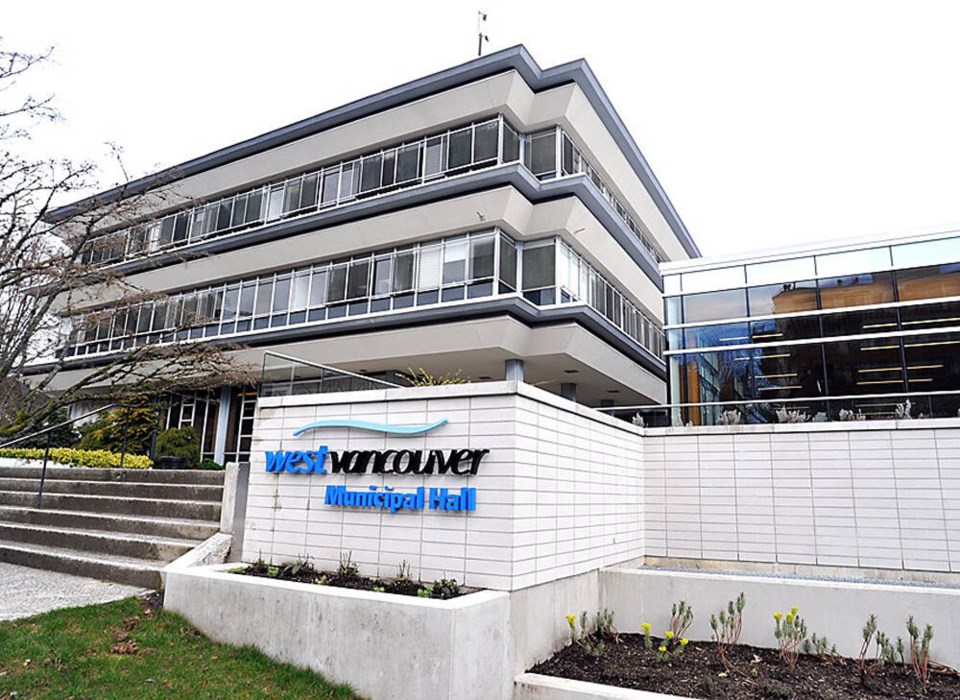Re: West Vancouver council owes residents a code of conduct
Dear editor:
I’m writing in support of the District of West Vancouver adopting (and actually using) a Code of Conduct.
Quite frankly, I was shocked, disappointed and dismayed when the last Council voted against adopting a code of conduct. Embarrassed on behalf of my community is perhaps more accurate.
I strongly recommend that this Council votes to adopt a code of conduct this time around.
I understand Council has decided to examine the proposed code more closely before voting one way or another on April 24th.
I was surprised it almost came to a vote without a fulsome exploration of the content and no real opportunity to gather public input (other than through several concerned citizens who spoke up at the meeting where the Code was being considered).
My hope is the behind the scenes (and out of the public eye) conversations are about the specific clauses in the code so it can be as robust and practical as possible.
My fear is the debate will be more about whether or not to have one.
If that’s the case, I offer the following thoughts:
Adopting a Code of Behaviour can have several significant benefits for a municipality, including:
1. Setting expectations: A Code of Behaviour establishes a clear set of expectations for the conduct of elected officials, employees, and volunteers. It helps to define what is considered acceptable behaviour and what is not, creating a framework for professional conduct.
2. Promoting transparency: A Code of Behaviour can increase transparency and accountability by providing a clear and public statement of the municipality’s values and standards. This can help to build trust with the community and demonstrate a commitment to ethical behaviour.
3. Ensuring fairness: A Code of Behaviour can ensure that all individuals are treated fairly and consistently, regardless of their position or status within the municipality. It can help to prevent conflicts of interest and ensure that decisions are made based on merit and impartiality.
4. Mitigating risk: A Code of Behaviour can help to mitigate the risk of legal and reputational harm to the municipality. By establishing clear standards for behaviour and providing training on ethical conduct, municipalities can reduce the likelihood of unethical or illegal activities occurring.
5. Encouraging a positive workplace culture: A Code of Behaviour can help to promote a positive workplace culture that values integrity, respect, and professionalism. This can lead to increased employee satisfaction and productivity, as well as better relationships between employees, elected officials, and the community.
I understand there are some members of Council who feel everyone gets along well and so there is no need to go through the adoption of a Code of Conduct.
If that’s the case, there is no better time to adopt one. To start thinking about a Code when there are problems is much too late, for a variety of reasons. The conversations would be embroiled in tension and self-interest — VERY tough to navigate effectively and efficiently.
As Council considers whether or not to adopt a Code of Conduct, here are a couple of reasons why some organizations are reluctant to do so.
Some of them may be at play here and I hope they are at least considered as inappropriate justification for refusal to adopt one:
1. Lack of awareness: Some Councillors may not be aware of the importance of having a code of conduct or may not understand how it can benefit them.
2. Resistance to change: Implementing a code of conduct may require changes to the Council and District’s culture, policies, and procedures. Some Councillors may be resistant to making such changes.
3. Fear of legal liability: Some Councillors may be concerned that having a code of conduct could expose them to legal liability if they are unable to enforce it or if it is found to be inadequate.
4. Fear of negative publicity: Council may be reluctant to publish a code of conduct for fear it may reveal weaknesses or negative practices they engage in.
5. Lack of resources: Developing and implementing a code of conduct can be a time-consuming and resource-intensive process, and the District may not have the necessary resources to devote to it (which I doubt is the case for West Vancouver).
6. Lack of commitment: Finally, some Councils may simply not be committed to ethical behaviour or may not see the value in promoting it through a code of conduct — I truly hope that is not the case here.
I am in no position to comment about which (if any) of the above may be at play; however it may be worth due consideration and conversation. Many are directly or indirectly rooted in fear — not a good reason to avoid making a decision in the best interests of our community.
I realise in the past some members of our community have been abusive of staff and perhaps even of Councillors. It will be very challenging to develop a Code of Conduct for the public if Council doesn’t even have one themselves — not a great leg to stand on, in my opinion.
As I suggested above, I can only hope your subsequent Council conversations are about how to ensure the Code is the best one possible, rather than whether or not to adopt one at all.
Just a few thoughts for your consideration…
David Gouthro,
West Vancouver
What are your thoughts? Send us a letter via email by clicking here or post a comment below.



